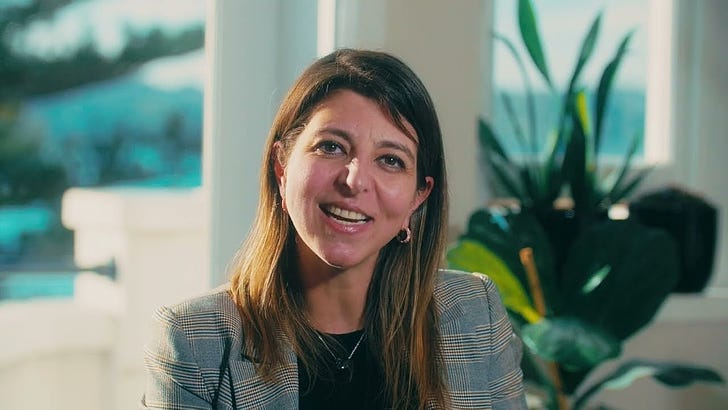What is social cohesion and why it matters?
Politicians, academics, and journalists frequently use this term, so what exactly is it?
I've learned that social cohesion means different things to different people and carries distinct connotations for various groups. For instance, it can spark tensions among some Māori and Pacific communities, while immigrants in New Zealand may interpret it differently.
At its core, social cohesion is about how different groups with opposing views can coexist as a society. Atheist and religious folk, Left-leaning and Right-leaning, young and old, urban and rural, rich and poor, any group, regardless of our views, how can we provide a fair and just Aotearoa for everybody?
Check out a video I did about it for the 2023 general Election talking about social cohesion:
Ideas like belonging, tolerance, and inclusion are more outcomes of social cohesion than WHAT it is. We notice social cohesion when the cracks appear, such as during events like the March 15 attacks and Parliament protests.
If you're interested in delving deeper into this concept, you can start by skimming these:
- the Social Cohesion framework developed by a team I led for Ministry of Social Development (MSD)
- the Royal Commission of Inquiry into the 15 of March attacks section on Social Cohesion
- read Bryce Edwards' 2022 article in the NZ Herald
As I pursue my PhD journey at Victoria University of Wellington, exploring how public policy impacts social cohesion and polarization in New Zealand, I'll continue sharing my insights. As my understanding evolves, I'll keep sharing in the spirit of helping us all preserve New Zealand's peace and balance.




Surely mis and disinformation are two of the big drivers behind deteriorating social cohesion?